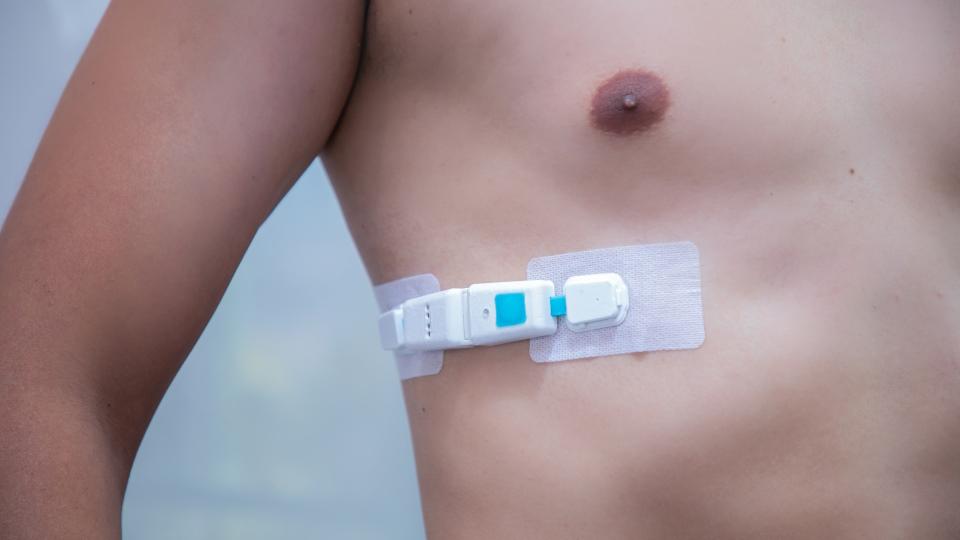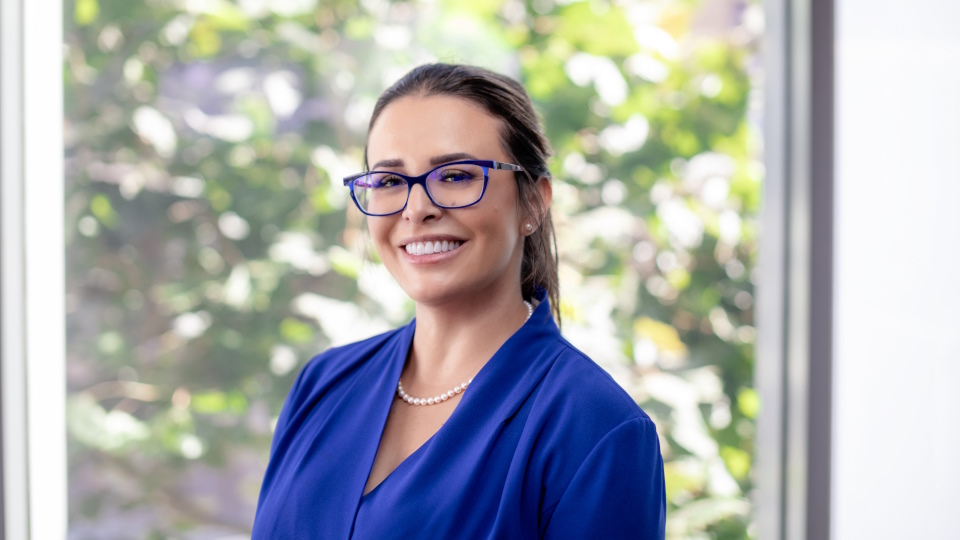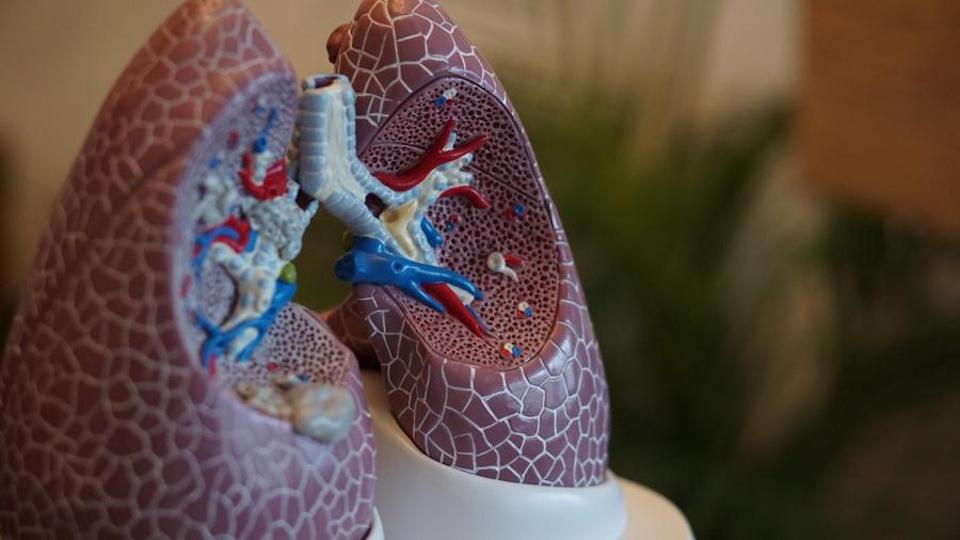Samay’s AI-enabled wearable ‘can diagnose COPD’

US start-up Samay has reported clinical data showing that its Sylvee wearable device can accurately diagnose chronic obstructive pulmonary disease (COPD), and even predict potentially fatal exacerbations before they happen.
The San Francisco Bay area company – formerly known as Respira Labs – said the artificial intelligence-assisted device was able to detect ‘air trapping,’ an early predictor of COPD exacerbations, with 83% accuracy compared to hospital-based pulmonary function tests (PFTs) based on in-person spirometry and plethysmography tests or CT scans.
It also diagnosed COPD with 90% accuracy and identified statistically significant associations in medication efficacy during pre- and post-bronchodilation PFTs, according to Samay, which said it plans to publish its findings once additional patient data is available from the study.
Sylvee is worn on the chest around the clock and uses tiny speakers and microphones to project sound into the lungs and listen for returning signals – called acoustic resonance – that could indicate serious lung diseases. The prototype device is paired with the Sylvee mobile app and a research portal.
Along with trapped air, the device also monitors lung function over time – using measures such as lung volume, capacity, and rates of flow – to provide a comprehensive overview of a patient’s condition.

Maria Artunduaga, Samay’s founder and CEO, said the company’s vision is “to enable clinicians to intervene early and monitor frequent exacerbators closely, decreasing hospitalisations.”
COPD is the third leading cause of death worldwide, and affects an estimated 12.5 million people in the US, leading to 150,000 deaths, according to 2020 data, although those numbers are likely underestimated as COPD is still underdiagnosed and underreported.
The disease is also one of the most expensive chronic conditions, generating healthcare costs of over $30 billion per year in the US. Much of that cost is driven by exacerbations, the sudden and life-threatening deterioration in lung function experienced by COPD patients.
Dr Artunduaga named the Sylvee device after her grandmother Sylvia, who passed away following complications when her COPD exacerbation initially went undetected.
“Exacerbations or flare-ups of chronic lung conditions cause a major burden on patients, families, and global healthcare systems,” according to Ruth Tal-Singer, former chief executive and chief scientific officer of the COPD Foundation, who sits on Samay’s scientific advisory board.
“They are often diagnosed and treated late, as worsening of respiratory symptoms may be felt well after the biological changes occur,” she said. “An effort-independent, simple, non-invasive approach to remotely monitoring, detecting and reporting early changes in air trapping offers a fantastic opportunity to start treatment and prevent severe outcomes such as hospitalisation.”












